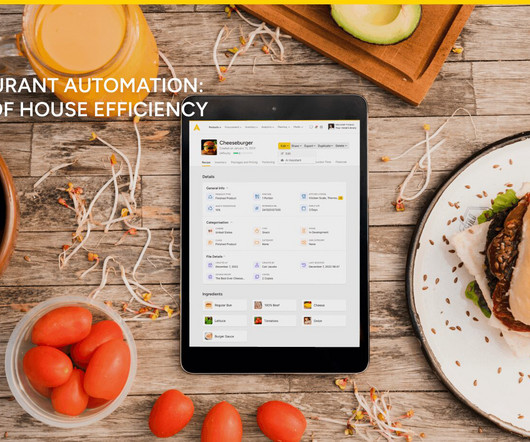Key Takeaways from the 2022 FDA Food Code
Modern Restaurant Management
MARCH 13, 2023
Many of the key changes in the 2022 Food Code relate to food allergens. These concerns reflect FDA’s increasing commitment to ensuring that Americans with allergies are aware of the potential allergens in their foods and impose commensurate duties on restaurants and food producers in order to further that commitment.
















Let's personalize your content